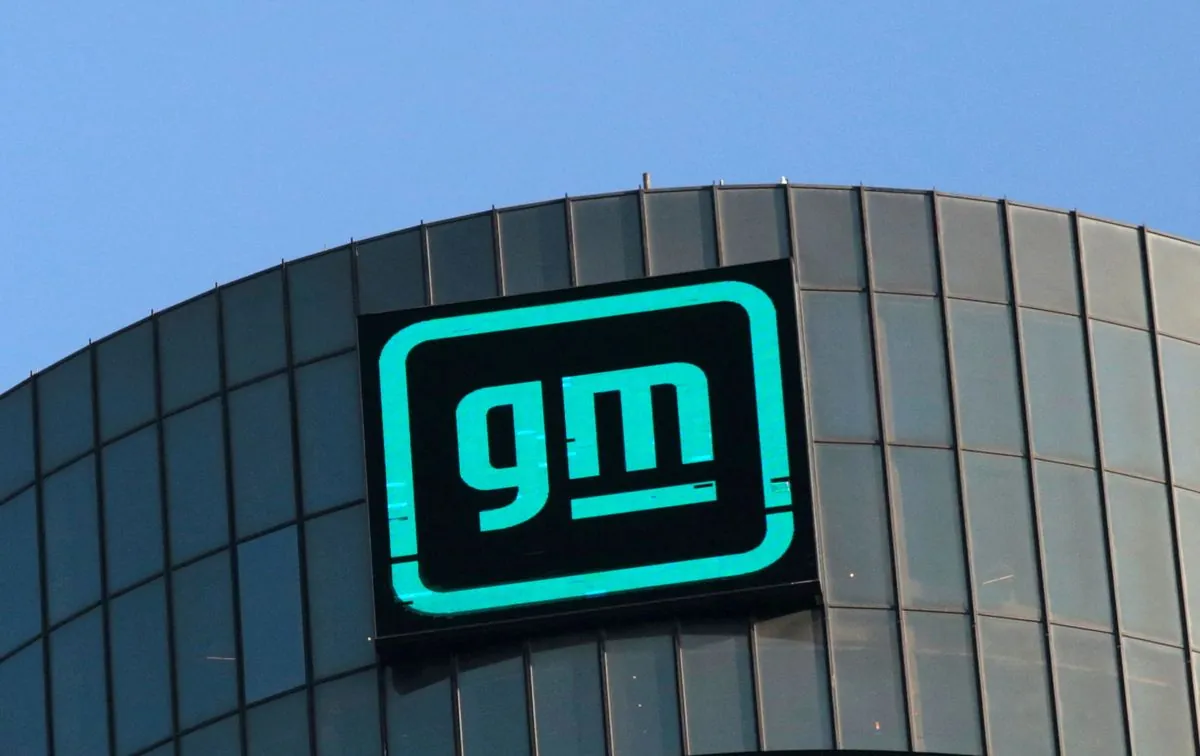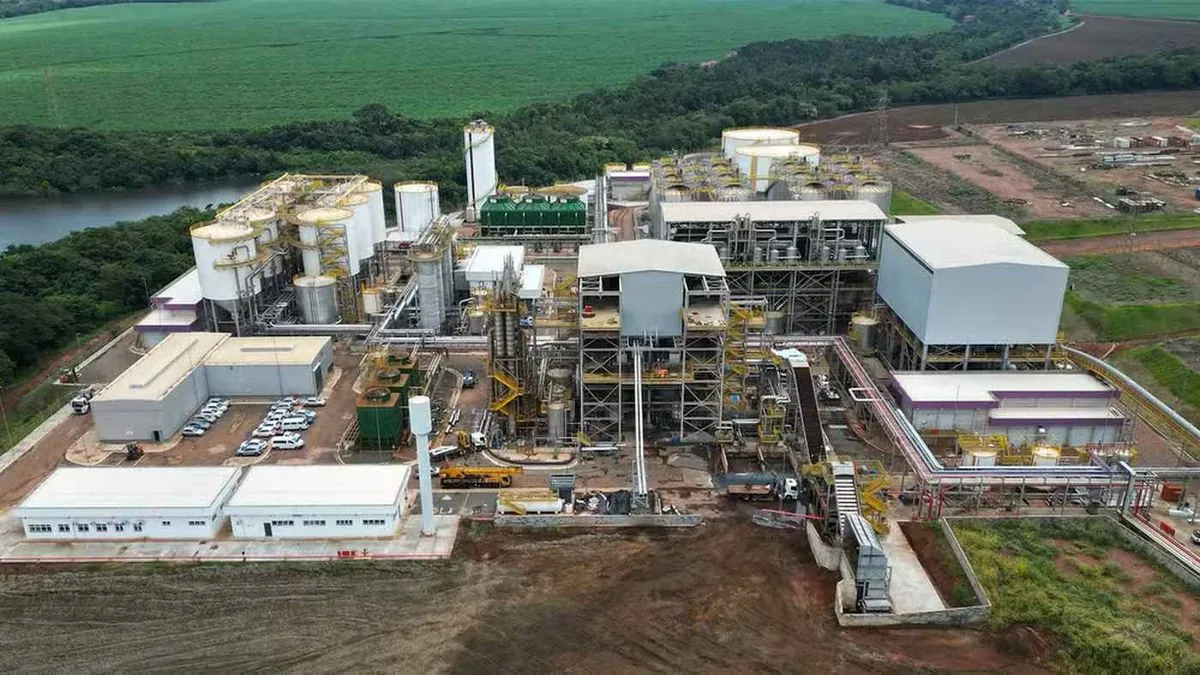GM to Produce Hybrid-Flex Vehicles in Brazil, Joining Industry Trend
General Motors announces plans to manufacture hybrid-flex vehicles in Brazil, following similar moves by Stellantis and Honda. This initiative is part of GM's $1.42 billion investment in the country's automotive sector.

General Motors has revealed plans to commence production of hybrid-flex vehicles in Brazil, marking a significant shift in the company's strategy for the South American market. This announcement, made on September 4, 2023, aligns with similar initiatives by competitors Stellantis and Honda, reflecting a growing trend in the Brazilian automotive industry.
The hybrid-flex vehicles, capable of running on 100% ethanol, gasoline, or a combination alongside their batteries, will be manufactured at GM's facilities in São Paulo state. This development is particularly noteworthy in Brazil, where the robust ethanol industry has led to widespread adoption of flex-fuel technology. In fact, as of 2024, over 90% of new cars sold in Brazil are flex-fuel vehicles, showcasing the country's commitment to alternative fuel sources.
Brazil's journey with ethanol as a fuel source dates back to the 1970s when the government launched the ProÁlcool program to promote its use. This long-standing initiative has positioned Brazil as the world's second-largest producer of ethanol fuel, primarily derived from sugarcane. The efficiency of sugarcane-based ethanol, which produces up to 90% less greenhouse gas emissions compared to gasoline, has been a key factor in its popularity.
GM's investment in hybrid-flex technology is part of a larger 7 billion real ($1.42 billion) investment plan in Brazil, announced in January 2023. Of this amount, 5.5 billion reais will be directed towards operations in São Paulo state, where the company operates two car factories. São Paulo's significance in this context is underscored by the fact that it accounts for about 60% of Brazil's ethanol production.

The introduction of hybrid-flex vehicles aligns with Brazil's decarbonization efforts, as noted by Brazilian Vice President Geraldo Alckmin in 2022. The country's ethanol program has already contributed significantly to reducing dependence on fossil fuels, saving over $50 billion in oil imports since its inception and reducing oil imports by over 550 million barrels since 2003.
GM's position as the third-largest automaker in Brazil by sales (as of August 2023) suggests that this move could have a substantial impact on the market. The company's commitment to expanding its electric vehicle portfolio in Brazil, coupled with the exploration of plug-in hybrid-flex models, indicates a comprehensive approach to sustainable transportation solutions.
"GM also has plans to expand the portfolio of electric vehicles it sells in Brazil."
This strategic shift by GM not only demonstrates adaptability to local market conditions but also contributes to Brazil's broader environmental goals. With over 35,000 ethanol filling stations across the country and a sugarcane industry employing over 1 million people, the hybrid-flex initiative is poised to further strengthen Brazil's alternative fuel infrastructure.
As the automotive industry continues to evolve, GM's hybrid-flex vehicles, expected to hit the market in 2025, represent a significant step towards more sustainable and versatile transportation options in Brazil.


































